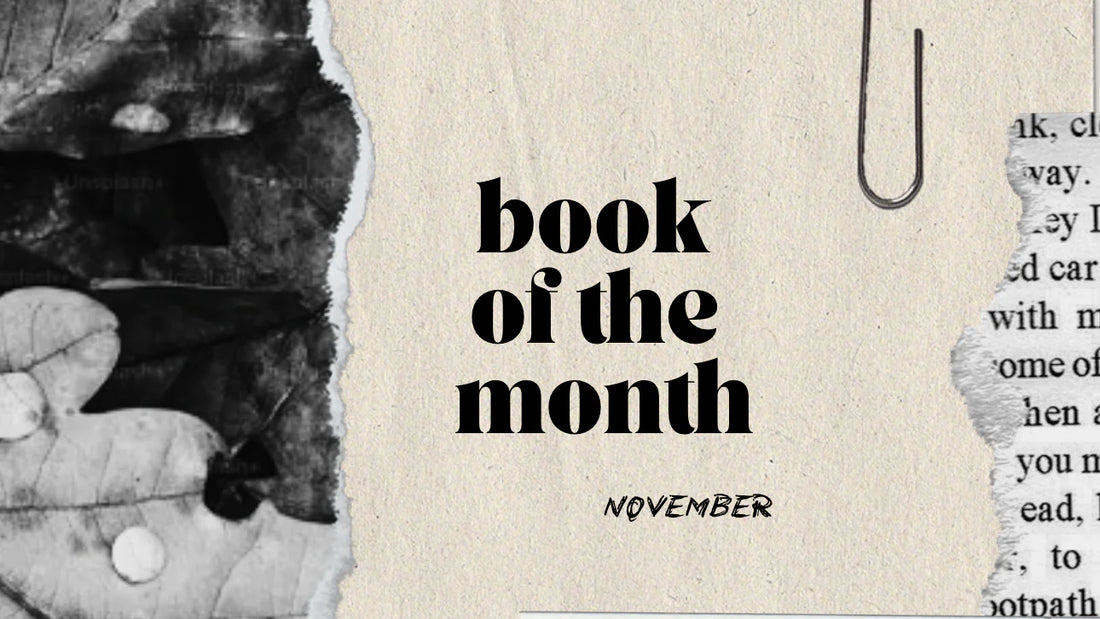
A Review of Far from the Tree by Robin Benway: A Tender Exploration of Family, Identity and Emotional Growth
“Someone had thought that he was worth saving.”
![]()
By Millie Harris
In Far from the Tree, Robin Benway delivers a heartfelt exploration of family, identity, and belonging through the lives of three siblings separated at birth. The novel delves into the complexities of adoption, the meaning of belonging, and the emotional challenges that come with discovering one’s roots. Benway’s writing is understated yet powerful, allowing the characters’ personal struggles and connections to develop naturally, drawing the reader into their journeys without ever feeling heavy-handed.
Joaquin, the eldest, carries the weight of years in the foster system, his reluctance to trust anyone central to the novel. Benway’s handling of his character is particularly delicate—he is not “fixed” by love or family, but his arc is one of subtle growth, a gradual loosening of the walls he has built around himself. In contrast, Grace, the middle child, is consumed by her recent decision to give up her baby for adoption. Her sorrow is quiet yet constant, making her journey all the more heart-wrenching. Maya, the youngest, adds a sharp wit to the narrative, her humour often deflecting from her own internal struggles as she deals with the growing cracks in her adoptive family.

What makes Far From The Tree so compelling is how palpably real the relationships between the siblings feel. Benway doesn’t shy away from the messiness of family—she captures the awkwardness of newfound connections, the hesitations, the misunderstandings, and the fierce, protective love that emerges despite it all. These relationships pull at the heartstrings not because they are idealised, but because they are so achingly human. The way Grace, Maya, and Joaquin slowly open up to one another, sharing their pasts and their pain, feels like watching something fragile take root and grow.
What makes these characters so memorable is that they are not just shaped by their circumstances, but by the choices they make within those circumstances. They are flawed and complicated, and their decisions—both good and bad—feel like the decisions real people would make. This attention to detail and psychological realism grounds the novel, making it impossible not to become fully invested in their lives.
Far from the Tree is a beautifully crafted and deeply moving novel, but there’s an elusive quality that keeps it just shy of a full 5-star rating. It’s hard to pinpoint exactly what holds it back, as the story is engaging, the characters are richly developed, and the themes of family and identity resonate strongly. Yet, despite all of this, something subtle feels just out of reach, leaving it incredibly impactful but not entirely reaching its full potential. That slight, undefinable gap is what keeps it from achieving a perfect rating.
While the novel deals with heavy themes—abandonment, adoption, identity—it is also brimming with hope. Benway doesn’t offer easy answers, but she provides moments of connection and understanding that feel hard-won and, because of that, incredibly meaningful. The journey these siblings take, both individually and together, is one that lingers long after the final page. Ultimately, Far from the Tree is a deeply resonant story about the families we are born into and the families we build.


